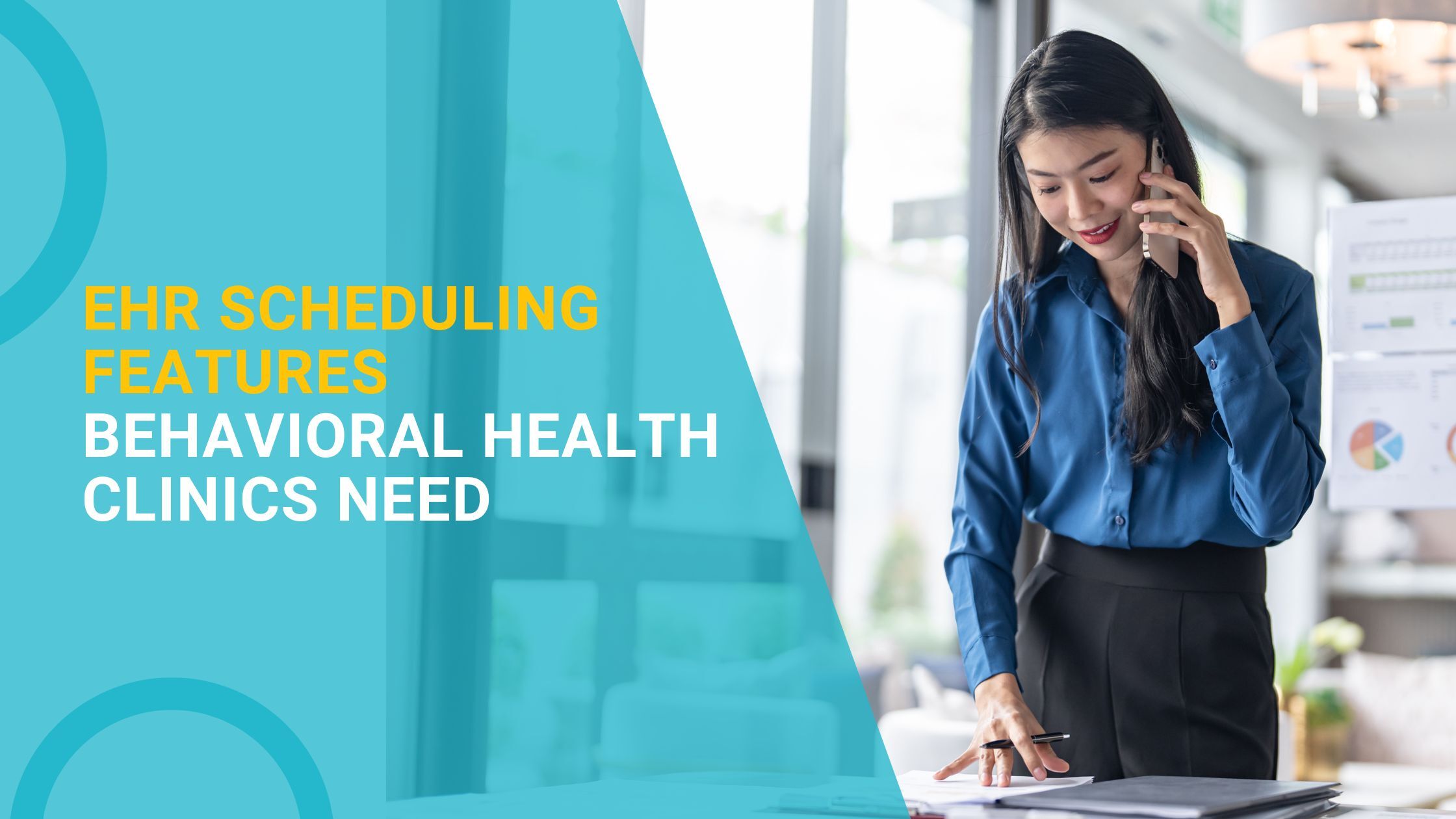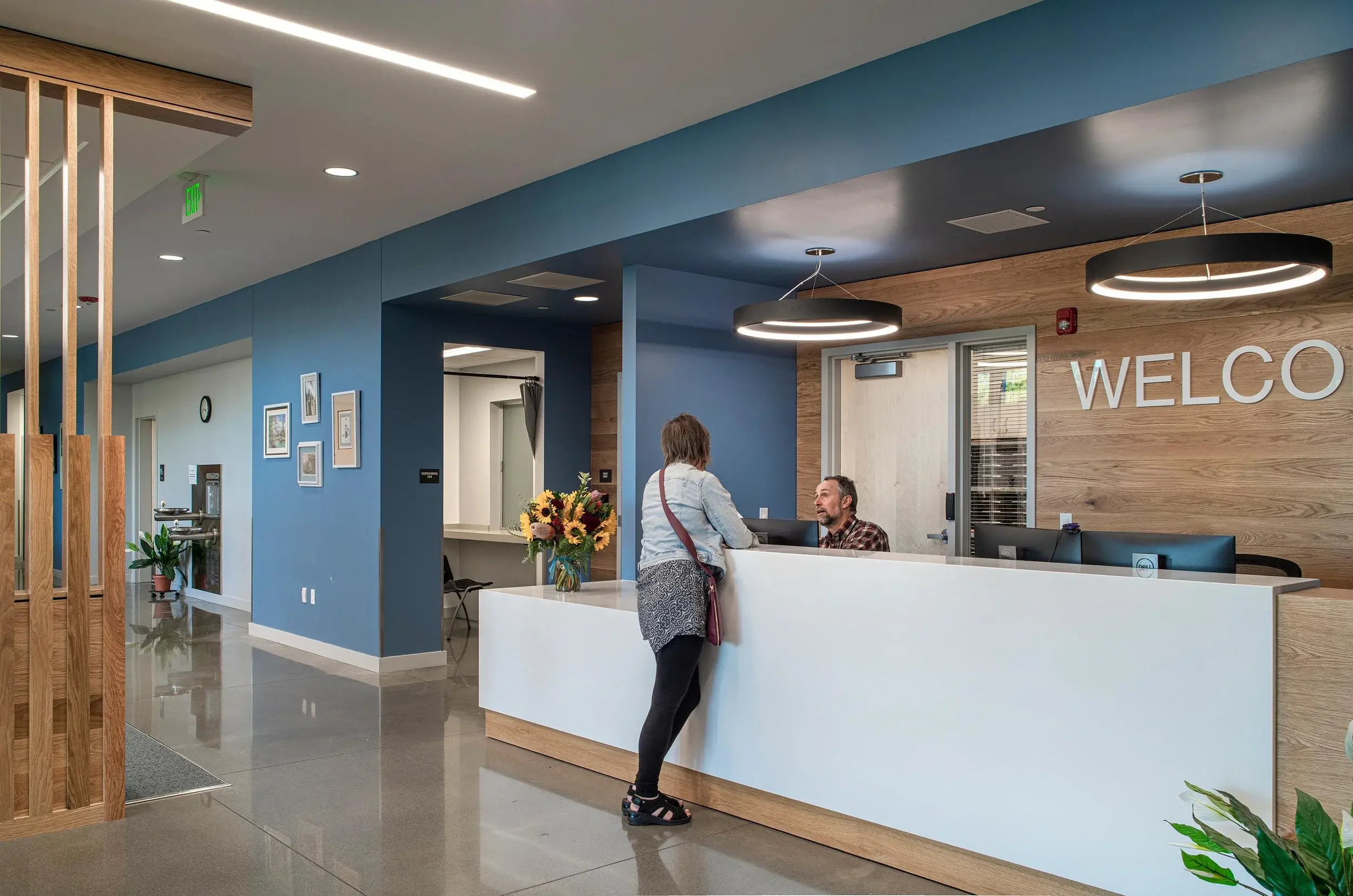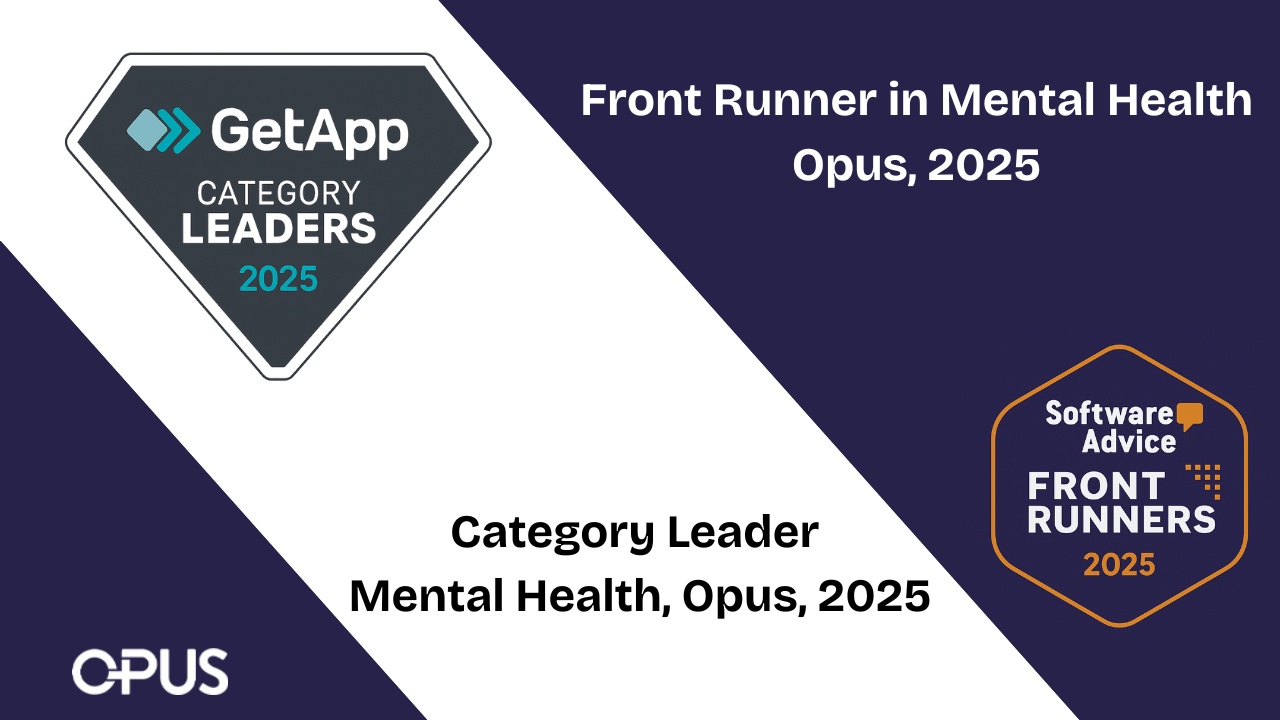Mental Illness Awareness Week
Mental illness awareness week is important because it helps to break the stigma that surrounds mental illness. It is an annual awareness event that aims to educate people about mental illness and its effects on individuals and families. It also provides a time for people to learn more about mental illness and how to support those who are affected by it. This week is also a time to celebrate the progress that has been made in mental health awareness and treatment.
Mental illness is often seen as a taboo topic, and many people are reluctant to talk about it. This reluctance can often lead to a lack of understanding and support for those who are affected by mental illness. Mental illness awareness week provides an opportunity for people to learn more about mental illness and how to support those who are affected by it. It is also a time to celebrate the progress that has been made in mental health awareness and treatment. Mental illness can affect anyone, regardless of age, race, or socioeconomic status. It is important to remember that mental illness is not caused by personal weakness or a character flaw. Mental illness is a real and serious medical condition that requires treatment.
There are many different types of mental illness, and each can cause its own symptoms. Some common mental illnesses include:
- Anxiety disorders
- Depression
- Bipolar disorder
- Schizophrenia
- Eating disorders
- Obsessive-compulsive disorder (OCD)
- Post-traumatic stress disorder (PTSD)
Mental illness can be difficult to cope with, but there are treatment options available. Some common misconceptions about mental illness include the idea that it is only a personal weakness or something to be ashamed of or that it is not a real medical condition. These ideas are false. Mental illness is a real medical condition that can be treated. There are many myths about the illness that needs to be debunked, and we can all do our part to change the way they're perceived by society.
The first mental health awareness week was held in the United States in 1990. Since then, it has grown into an international event that is observed in over 50 countries. The goal of mental health awareness week is to break down the stigma against mental illness and make sure that everyone gets the help they need.
One of the most common myths about mental illness is that it is only a personal weakness. This is false. Mental illness is a real medical condition that can be treated. Another common myth is that mental illness isn't a real medical condition. This is also false - mental illness is just as real as any other medical condition. Some people believe that mental illness should be seen as something to be ashamed of. This could not be further from the truth - mental illness should instead be seen as something we should all work together to fight stigma against. We can all do our part to help end the stigma against mental illness by talking openly about it and sharing our stories.
Mental health awareness week is a great time to start talking about mental illness and its effects on our lives. If we can all do our part to educate ourselves and others about mental illness, we can make a difference in the lives of those who are affected by it.
One way to get involved in your community and help raise awareness about mental illness is to attend events that are focused on this topic. There are often panel discussions, lectures, and other activities planned to help educate people about mental illness. These events can be a great opportunity to learn more about the topic, meet others who are interested in it and find ways to get involved locally.
Another way to get involved is by talking openly about mental illness with friends, family members, and co-workers. This can help break down the stigma against mental illness and make it easier for those who are struggling to seek help. You can also share your own story about mental illness if you feel comfortable doing so. It's important for everyone to understand that mental illness is a real condition that affects many people - including those we know and love.
We must continue raising awareness about mental illness and its effects on individuals and families. We need to talk openly about it and share our stories. This is the only way to break down the stigma against mental illness and make sure that everyone gets the help they need.
Mental illness has long been a topic that is shrouded in stigma and misinformation. For many years, society has viewed mental illness as a personal failure or a sign of weakness. This perception has caused many people to suffer in silence, afraid to seek help. Thankfully, society's perception of mental illness is changing. There is more awareness and acceptance for those affected by it, and people are beginning to understand that mental illness is a real condition that deserves attention and treatment. However, there is still a lot of work to be done.
One of the best things you can do to support those who are affected by mental illness is simply to listen. Let them know that you care and want to help however you can. Don't try to fix everything or give them unsolicited advice - just offer your support and be there for them when they need it.
People who are affected by mental illness can be anyone, and there is no one-size-fits-all definition of mental illness. If you or someone you know is struggling with mental illness, there is help available. There are also many resources available to help people learn more about mental illness and how to support those who are affected by it. Let's work together to end the stigma against mental illness and make sure that everyone gets the help they need. Here are some organizations that can provide support and information:
- https://www.mentalhealthamerica.net/conditions/mental-health-awareness-week
- https://www.nami.org/get-involved/awareness-events/mental-health-awareness-month/
- https://www.mentalhealth.gov/basics/what-is-mental-health/index.html
Additional Resources: Click Here.
For more information from a clinician standpoint, watch the webinar recording here: “Addiction Treatment Planning: Roadmap to Recovery”






